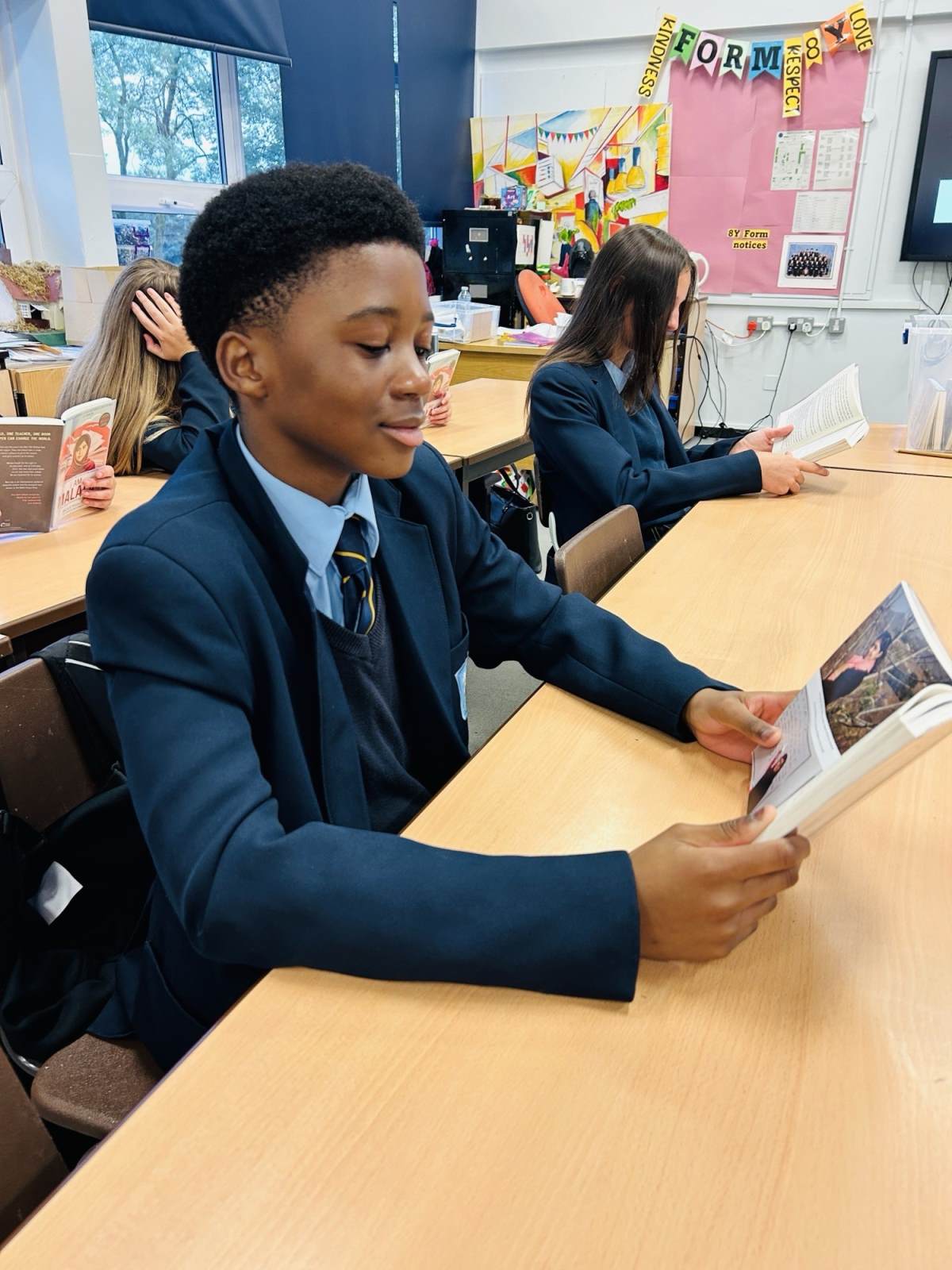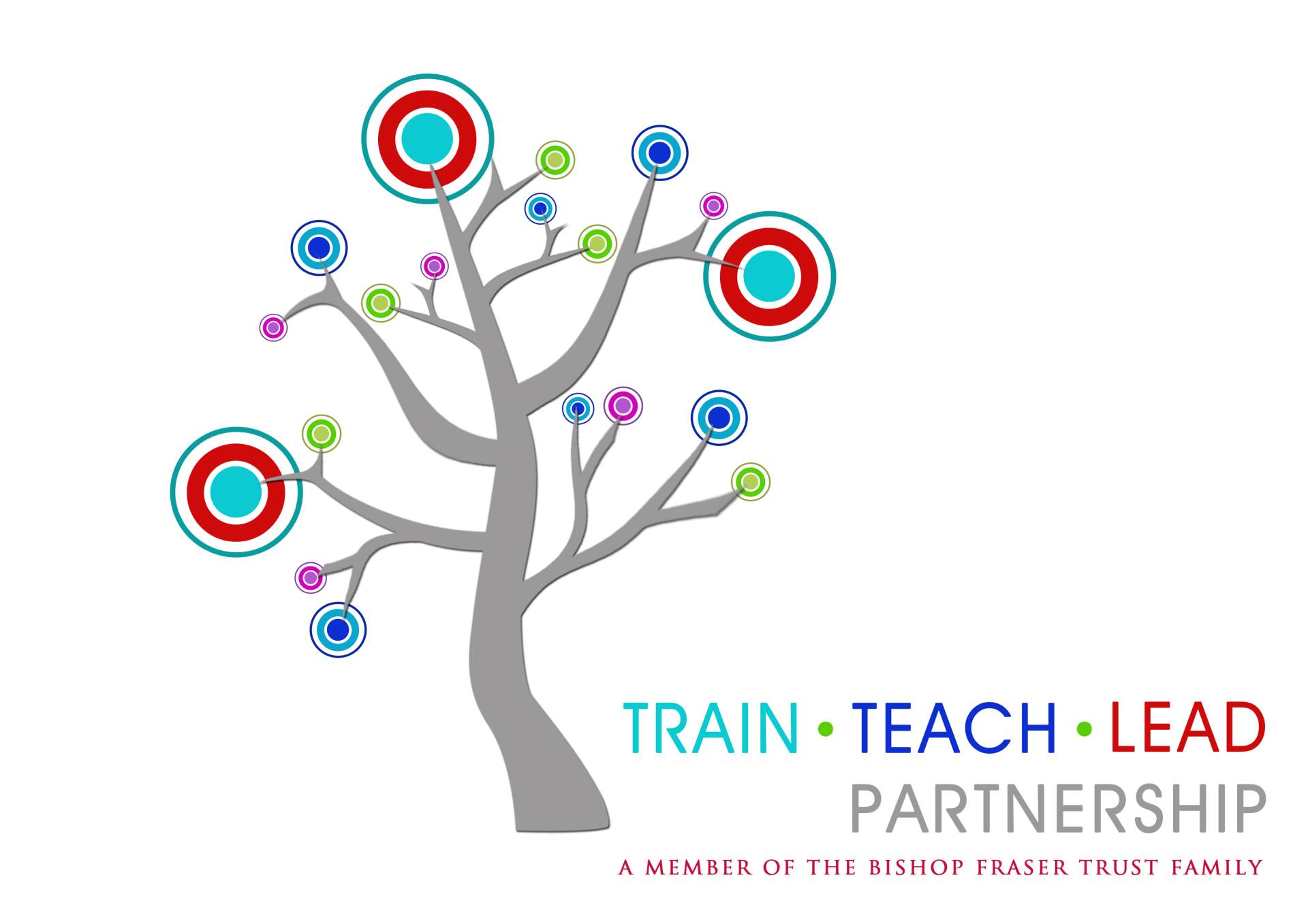English
Department Vision
The Bury Church English student will experience the thrill of literature and master the components of language. They will build resilience and empathy when exploring challenging concepts and diverse texts. The English curriculum enables students to become proficient readers, writers and speakers. They will become inquisitive and confident communicators, who can go out into the wider world and let their light shine.
Curriculum Design
The English Curriculum builds pupil mastery of reading, writing and speaking from year 7 through to year 11. The atomisation of knowledge around literature and language means that students build their understanding and expertise of comprehension, analysis, expression, context, genre and form. Both disciplines are taught in tandem, allowing students to use their knowledge fluidly and purposefully. Through the vehicles of canonical literary texts to modern dystopian tales, students explore concepts that will ensure their academic success. The curriculum focuses on declarative knowledge that opens the world up to our students, and structured teaching of procedural knowledge that allow students automaticity in all forms of communication.
Core knowledge
Below is a document displaying the knowledge that we believe all KS3 students should embed within their long term memory in order to be successful in English. Our KS3 assessments are based on this knowledge so you can use this document to support your revision.
Below is a document displaying the knowledge that we believe all KS4 students should embed within their long term memory in order to be success in English literature. This list should be used to prioritise your revision before moving onto deeper knowledge within the curriculum.

Staff/Context
- Mrs L Pinkstone - Head of English
- Mrs L Walker - Second in English
- Mr P Guest
- Mr N Pilkington
- Mr B Tetlow
- Miss I Farrar



